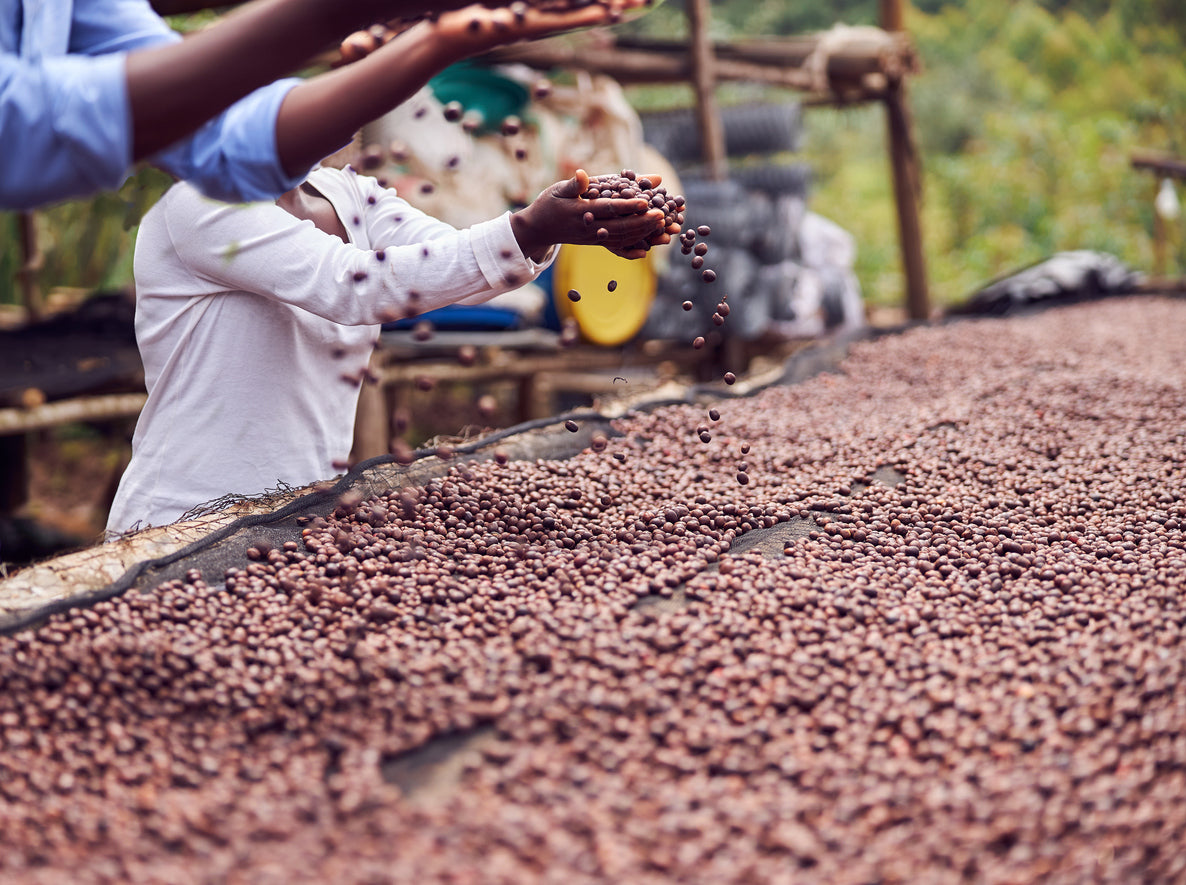As consumers become increasingly aware of the impact their choices have on the environment, the coffee industry is responding with sustainable practices that prioritize ethical sourcing and environmental stewardship. Understanding sustainable coffee can help consumers make informed decisions and contribute to a more responsible coffee culture.
Fair Trade Practices
One of the primary components of sustainable coffee is fair trade. This certification ensures that coffee farmers receive fair wages and work under safe conditions. By purchasing fair trade coffee, consumers support small-scale farmers and contribute to local economies. Fair trade practices also often include community development initiatives, promoting education and healthcare in coffee-growing regions.
Organic Farming
Organic coffee is grown without synthetic pesticides and fertilizers, promoting healthier ecosystems. Organic farming practices enhance soil quality and biodiversity, reducing environmental impact. Consumers who choose organic coffee can enjoy a cleaner cup while supporting farming methods that protect both the planet and the farmers’ health.
Eco-Friendly Brewing Methods
Sustainability doesn’t stop at sourcing; it extends to how coffee is brewed and consumed. Eco-friendly brewing methods, such as using reusable filters or energy-efficient coffee makers, can minimize waste. Additionally, opting for locally roasted beans reduces carbon footprints associated with transportation.
Consumers can also look for brands, like ours, that prioritize sustainability in their business practices. Many companies are now committed to transparent sourcing and environmentally friendly production methods. By choosing us, you support a coffee industry that values sustainability and ethical practices.


